By Emily Setona
QWAQWA – Speakers at the University of the Free State’s (UFS) Qwaqwa campus expressed sentiments of hope for Qwaqwa post the thirty years of democracy because the community desires prosperity and are willing to make it happen.
A lecturer at the UFS Centre for Gender and Africa Studies (CGAS) Nomcebo Dlamini said the common sentiment that she picked up from everyone who participated in this dialogue that was held on 27 September was that everyone is nostalgic about the past but desires unity and prosperity.
“If we want to have 30 more years of a better democracy, what do we learn from the past 30 years? What do we really want and how much do we really want it? We need to ask ourselves, ‘what am I doing?’.
“A relay race can teach us a lot about life, if we say in the next 30 years of democracy, we take the baton and pick up speed where it was lost, how are we going to approach the next thirty years? Before we start to complain let us ask ourselves what we are doing to make sure that Qwaqwa becomes the Qwaqwa that we want,” Dlamini said.
A junior lecturer at the university, Saselihle Khumalo, echoed these sentiments.
“The future that we imagine for Qwaqwa is a future that Dr. TK Mopeli imagined for Qwaqwa because he called this place Phuthaditjhaba meaning, bring the nations together. We are all one people and the future we want for Qwaqwa is one of unity.
“If we learn to work together, we can be able to challenge the policies that limit entrepreneurship and stop us from growing. If people of Phuthaditjhaba are economically active, then they can be able to afford to pay for electricity and services so the municipality of Qwaqwa will have revenue and be able to improve service delivery and the electricity will no longer go off. We must take responsibility and learn to start small,” Khumalo said.
As BSc Computer Science student Mokgadi Sathekge said: “I come from Limpopo and as a student, the Qwaqwa that I’d like to imagine is a Qwaqwa where the landlords of Qwaqwa would capitalize on their businesses because we have many students and every year there are those who go off campus.

Saselihle Khumalo UFS Junior lecturer during the Qwaqwa reimagined dialogue session.
“The type of accommodation that is offered to us is not of good enough quality. The landlords must invest in those infrastructures for themselves and stop taking short cuts. If you pay your electricity, then the municipality won’t cut off your electricity. Some of us are self-funded and we would like to invest in good quality accommodation. As students we want to have a good relationship with the community, because we are also part of this community.”
Among those who attended dialogue session was the head of the Community Development programme Dr Grey Magaiza, Professor Charles Hongoro who is the deputy executive director of the Human Sciences Research Council’s (HSRC) Developmental, Capable and Ethical State (DCES) research division where he leads the division’s Peace and Sustainable Security unit; and Dr. Mokhantso Makoae who is a chief research specialist in the DCES research programme.







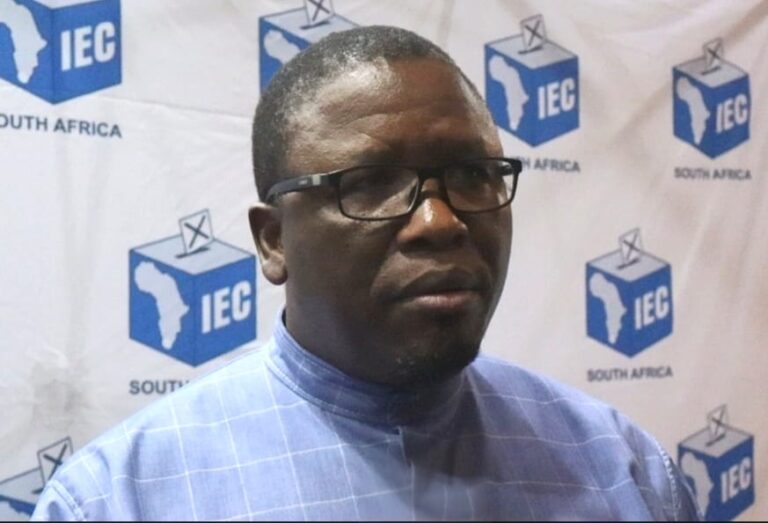

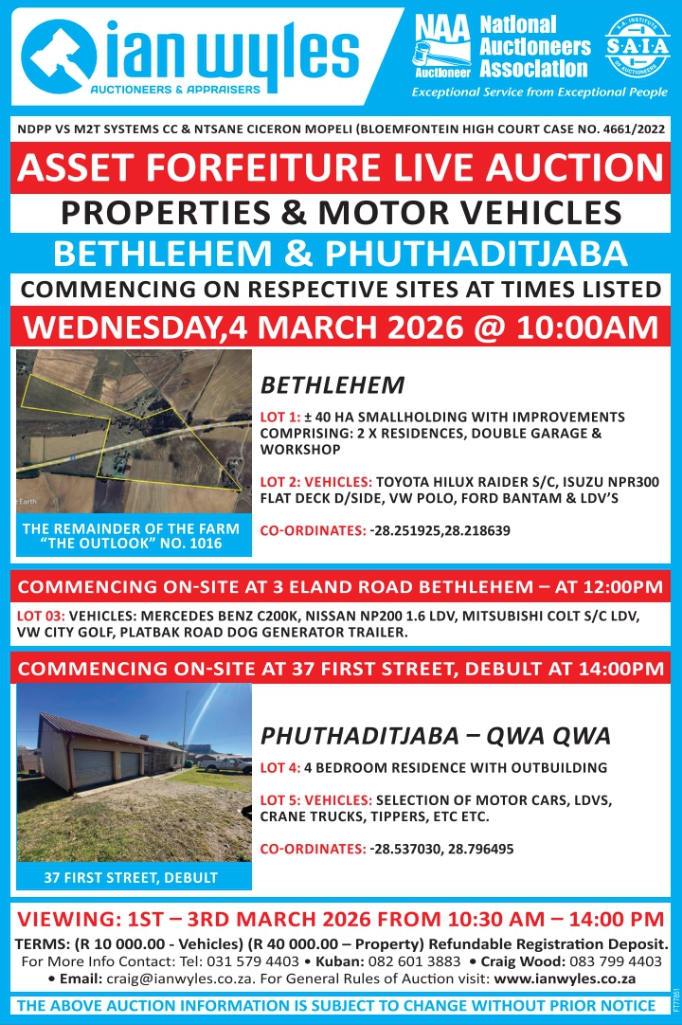

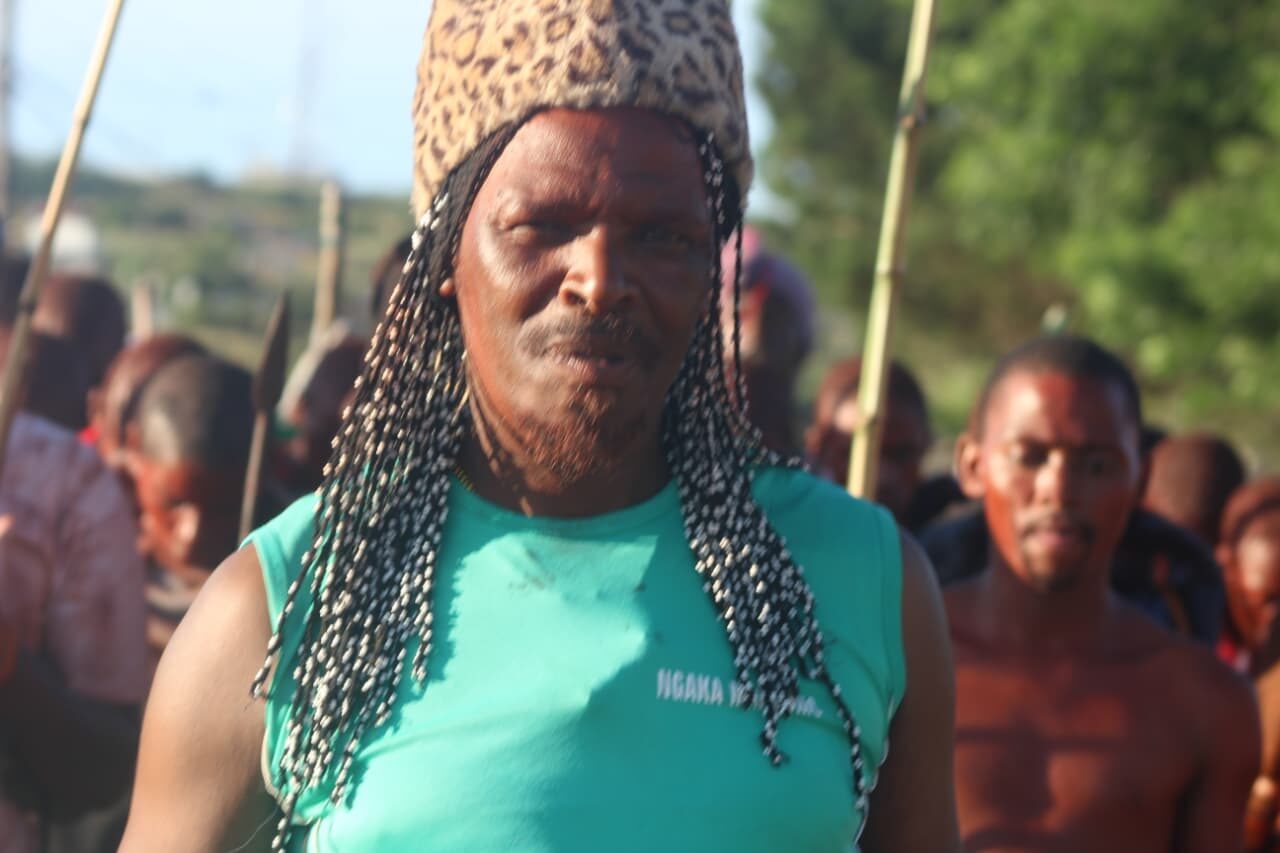





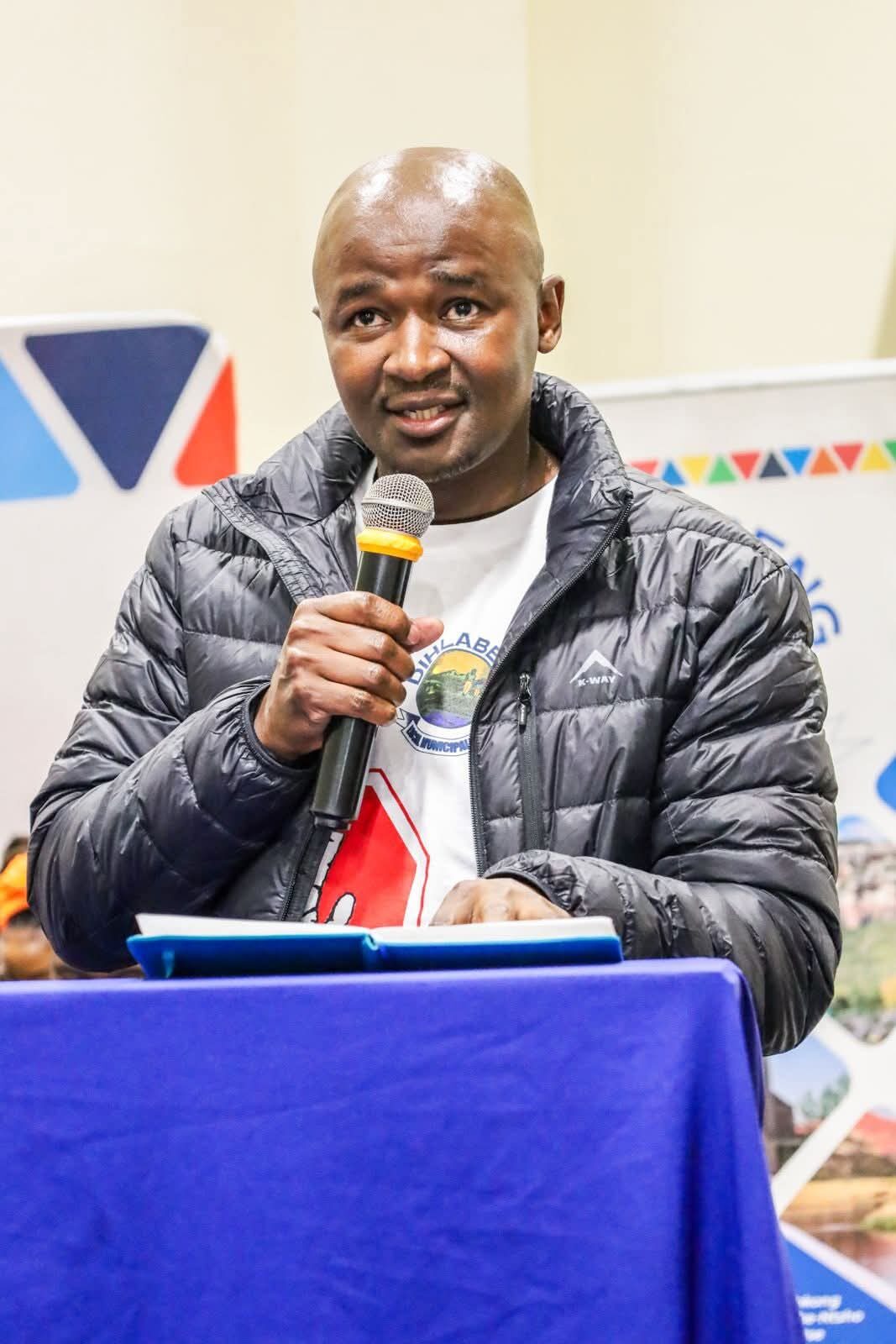

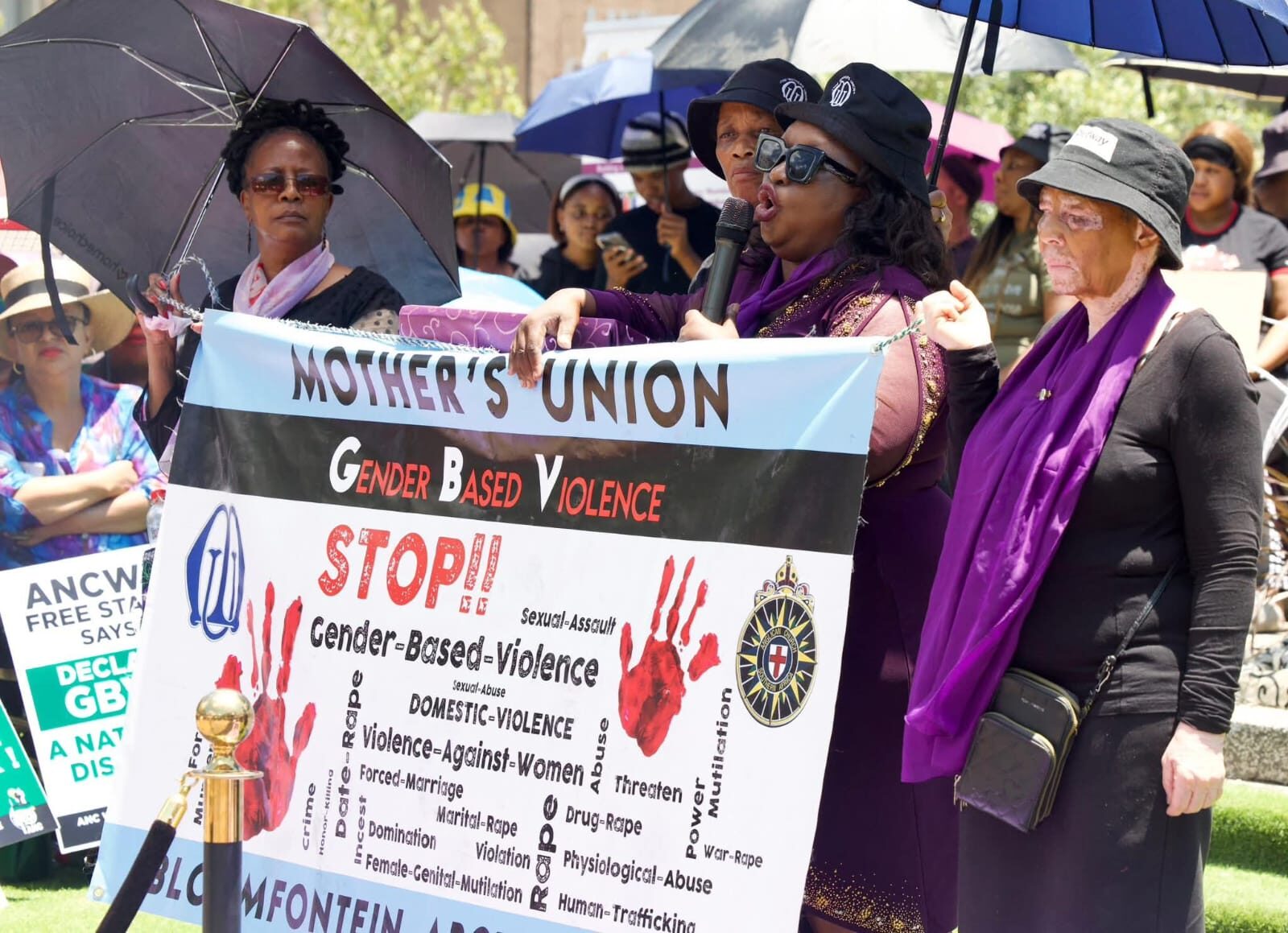
One Response
I’d also love to see qwaqwa change for better. But it is on us the residents of qwaqwa to change it. Aa visual artist I’d really love to speak on the BEHALF of the artists regarding the challenges and the Ways Of resolving the issues and the challenges we face when we work amongst the community. As we all know we no longer have art In qwaqwa, we’re only left with artists and we struggle to further our skills and knowledge. We also struggle to get materials we use around qwaqwa. I feel like something must be done, I’d like to share some thoughts with the artists as well as the community in general.
Thank you